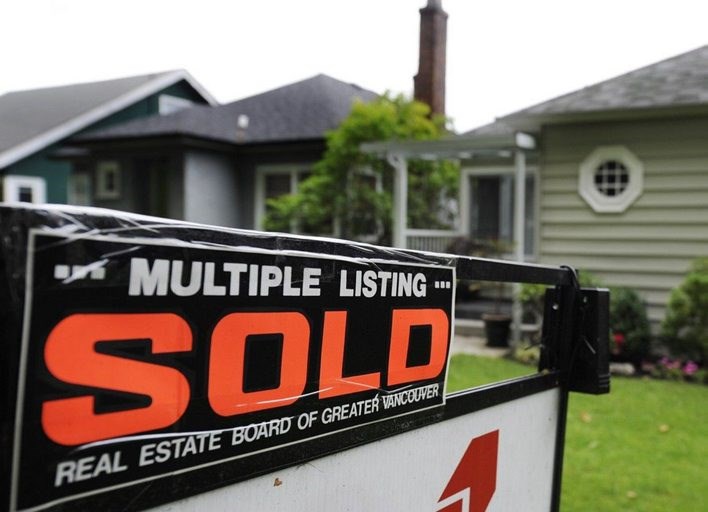The slowdown in Vancouver Island’s real estate market has not been isolated to Greater Victoria, as the rest of the Island reported a sharp downturn in sales activity over the course of 2018.
The total number of sales in Victoria dropped 20 per cent in 2018, compared with 2017, and a similar tale is told north of the Malahat Drive.
Sales dropped 19 per cent on the rest of the Island, with Nanaimo and Port Alberni seeing the largest drops at 24 per cent each, followed by Parksville-Qualicum at 22 per cent, Campbell River fell 21 per cent and Comox and the Cowichan Valley both reported a 13 per cent reduction in sales.
According to the Vancouver Island Real Estate Board, which represents the market outside of Greater Victoria, the housing market behaved as expected in 2018 with the “cooling” measures introduced by various levels of government having an effect.
However, the board was quick to note that despite reduced demand, the benchmark prices of single-family homes continued to rise around the Island.
The benchmark price of a single-family home board-wide was $506,300 in December, a 10 per cent increase from one year ago. In the apartment category, the benchmark price climbed to $319,000, up 13 per cent from last year. The benchmark price of a townhouse hit $411,500 last month, up 12 per cent over December 2017.
In December, price increases ranged from seven per cent in Nanaimo to 20 per cent in Port Alberni compared with the same month in 2017. The year-over-year benchmark prices of apartments and townhouses board-wide increased by 12 and 13 per cent, respectively.
Don McClintock, VIREB president, said in an environment with reduced demand and increased inventory, home sellers need to be realistic when pricing their homes. He also noted the recently released property assessment can complicate the pricing process for sellers who may not realize that the assessed figure is based on the previous year and does not reflect a home's current value.



